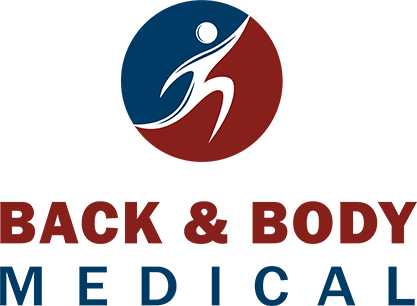
SAIS (Subacromial impingement syndrome) is a very common cause of shoulder pain and functional restrictions. It occurs when tendons of the rotator cuff, head of the biceps brachii, and the subacromial bursa are pinched/ impinged during movement activities. This causes you to feel pain and reduced motion/function in affected areas.
A lot of people think of the shoulder as one whole joint. We are here to tell you that the shoulder is made up to of four joints which all work together to complete intricate movements. These joints are known as the ball and socket (glenohumeral joint (GHJ), the acromio-clavicular joint (ACJ), the sterno-clavicular joint (SCJ), and the scapulothoracic joint (STJ).
A study conducted in 2020 looked at the collective and independent movement of the above joints in SAIS patients and individuals without a history of any shoulder pain. There were some observed differences between both groups. SAIS patients demonstrated less SCJ posterior rotation, regardless of angle, phase, or plane of shoulder motion. At 30 degrees and 60 degrees of humerothoracic elevation, there was less STJ motion observed. So, from the study, it was found that treatment methods must focus on restoring lost motion at the SCJ, ACJ, STJ, AND GHJ.
Manual therapies and shoulder exercises are both great ways to manage SAIS. Both of these are offered in our office. A study looked at 40 SAIS patientd who had shoulder pain for longer than six weeks (chronic). Patients in both groups showed great outcomes and satisfaction with their care. Patients who recieved both treatments achieved even greater improvements in pain and function.
Chiropractors will not only look at the shoulder and its joints, but will assess all areas of the body to ensure that the pain isn’t a result of another injured area of the body. A study showed that SAIS patient MRIS showed that 35 percewnt of patients had nerve root compression on the same sidee as the affected shoulder.
If you are experiencing shoulder pain, or any other joint related pain, be sure to make an appointment with us. Schedule online or call us (212) 371-2000.














